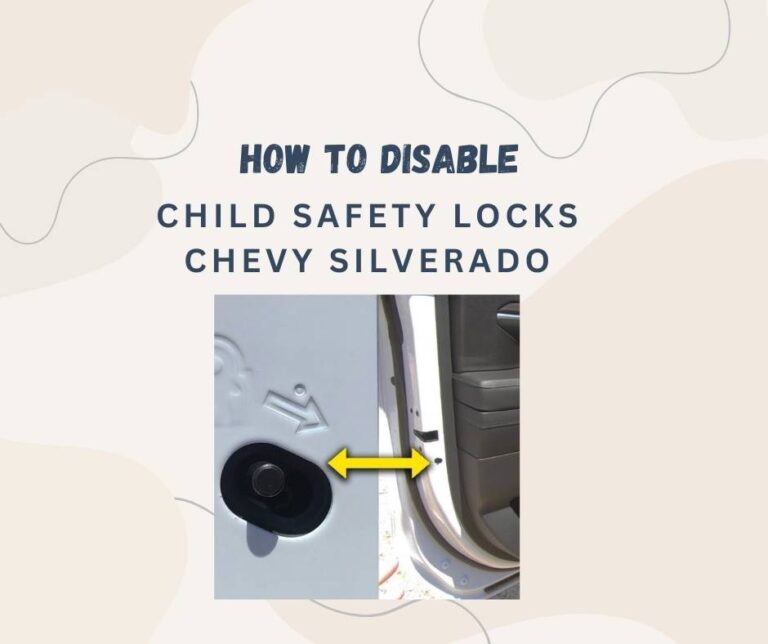What to Do When Your Child Beats You Up? Guide for Concerned Guardians
As a parent, your love for your child is immeasurable and pure. However, parenting comes with its set of challenges, one of which might be dealing with aggressive behaviours, such as when your little one resorts to hitting. This situation can leave many parents shocked and unsure of how to respond effectively. But fear not; some strategies and approaches can help address and resolve these behaviours.
What to Do When Your Child Beats You Up?
It’s an experience that can be bewildering and hurtful. Understanding why it happens is the first step toward addressing the issue. Children might hit out of anger or frustration or because they haven’t yet learned how to express their emotions healthily. They are still navigating through their feelings and how to control them.
Encountering aggressive behaviour like hitting your child can be distressing, but it’s a challenge many parents face. With patience, understanding, and the right strategies, you can guide your child towards healthier expression of their emotions. Remember, what to do when your child beats you up is not just about managing the immediate behaviour but also about teaching valuable life skills that will help them grow into compassionate, empathetic individuals.
Understanding the Why Behind the Actions
Why Children Might Hit
- Emotional Overwhelm: Children often hit because they are dealing with emotions they don’t fully understand or can’t express verbally.
- Frustration: Unable to articulate their needs or desires, children might resort to hitting as a way of communication.
- Imitation: Sometimes, children mimic behaviours they’ve they’ve seen elsewhere, not understanding the implications.
Staying Calm and Collected
Your reaction to your child’s hitting is crucial. Demonstrating calmness and patience can significantly influence the outcome of such situations. Here are a few steps to maintain composure:
- Take Deep Breaths: This simple action can help you remain calm and think more clearly.
- Ensure Safety: Make sure everyone involved is safe. This might mean moving to a different space or gently holding your child to prevent further hitting.
- Set Clear Boundaries: It’s essential to communicate to your child that hitting is unacceptable. Use simple, clear words like, “We do not hit. It’s hurtful.”
Strategies for Prevention and Management
- Making Safety a Priority: Ensuring the safety of all involved is the immediate concern. This might involve separating the child from others to prevent harm.
- Setting Clear Boundaries: Children need to understand the consequences of their actions. Telling them firmly but kindly that hitting is not okay is crucial for setting these boundaries.
- Understanding and Addressing Triggers: Look for patterns or specific triggers that lead to hitting, such as hunger, tiredness, or overstimulation.
- Seeking to Understand Your Child’s Feelings: Engage in open conversations about feelings and emotions. Please encourage your child to express themselves verbally, showing that you value their thoughts and feelings.
- Teaching and Practicing Healthy Emotional Expression: Model and teach healthy ways to express emotions. Practice these techniques during calm moments so they can be more easily recalled during stressful times.
- The Importance of Consistency: Consistency in your responses and the consequences you set for hitting are vital in helping your child learn and adhere to acceptable behaviours.
- Using Time-outs Effectively: Time-outs should be seen as an opportunity for your child to calm down rather than a punishment. Use this time to reflect on the behaviour together.
- Modelling Positive Behavior: Children learn by example. Showing them how to handle anger and frustration positively can have a lasting impact.
- The Power of Positive Reinforcement: Acknowledge and praise your child when they handle difficult emotions well. This reinforcement encourages the repetition of good behaviour.
- Encouraging Empathy: Help your child understand the impact of their actions on others. Asking them to consider how they would feel if the roles were reversed can foster empathy.
- When to Seek Professional Help
- Sometimes, the guidance of a professional might be beneficial. Don’t hesitate to seek the support of a counsellor or therapist if needed.
Reminder: You Are Doing Great
Parenting is one of the most demanding jobs, and facing challenges is normal. If your child is hitting, it doesn’t reflect your failure as a parent. Continue to show love, set boundaries, and seek support when needed. Your dedication and effort make all the difference in nurturing a safe and loving environment for your child to grow.

